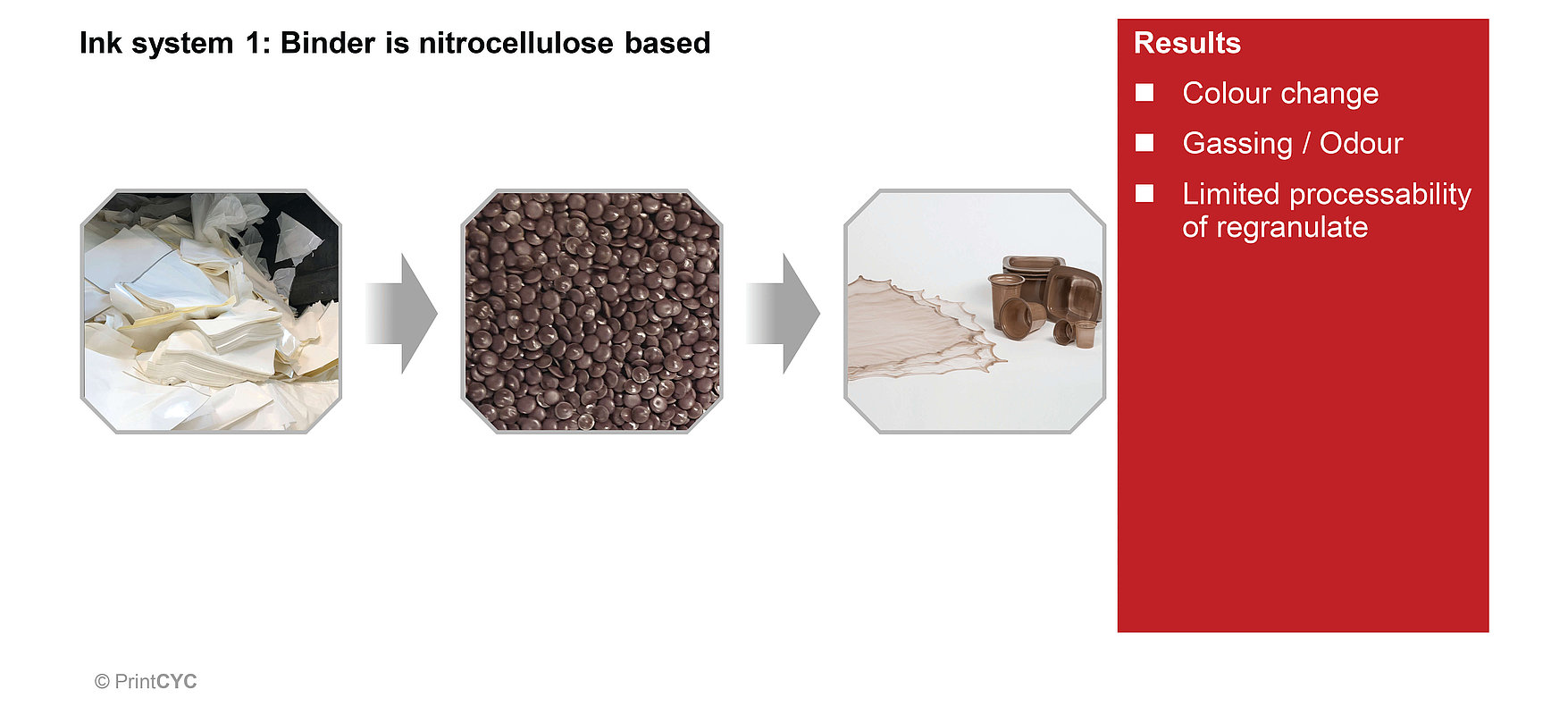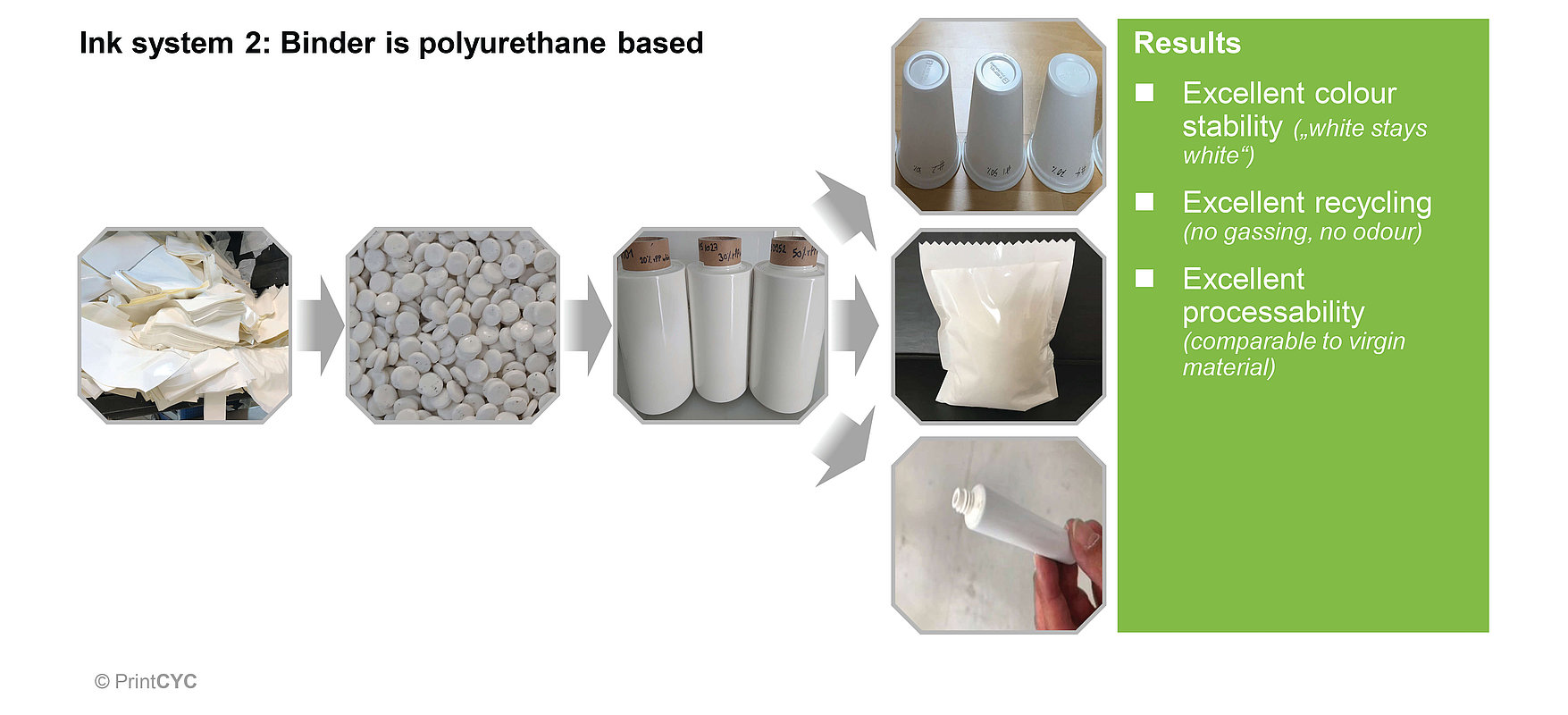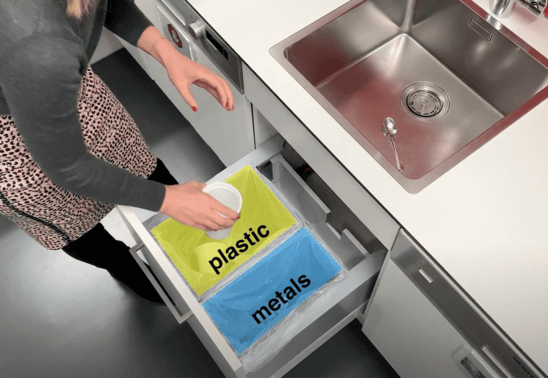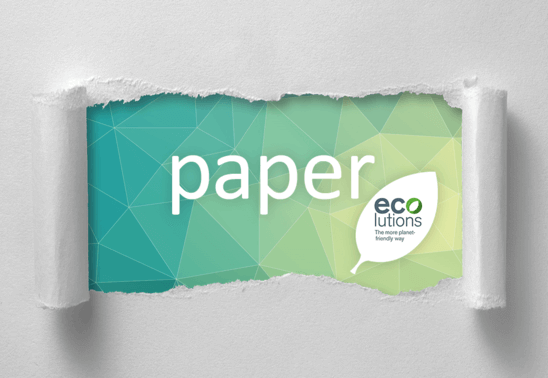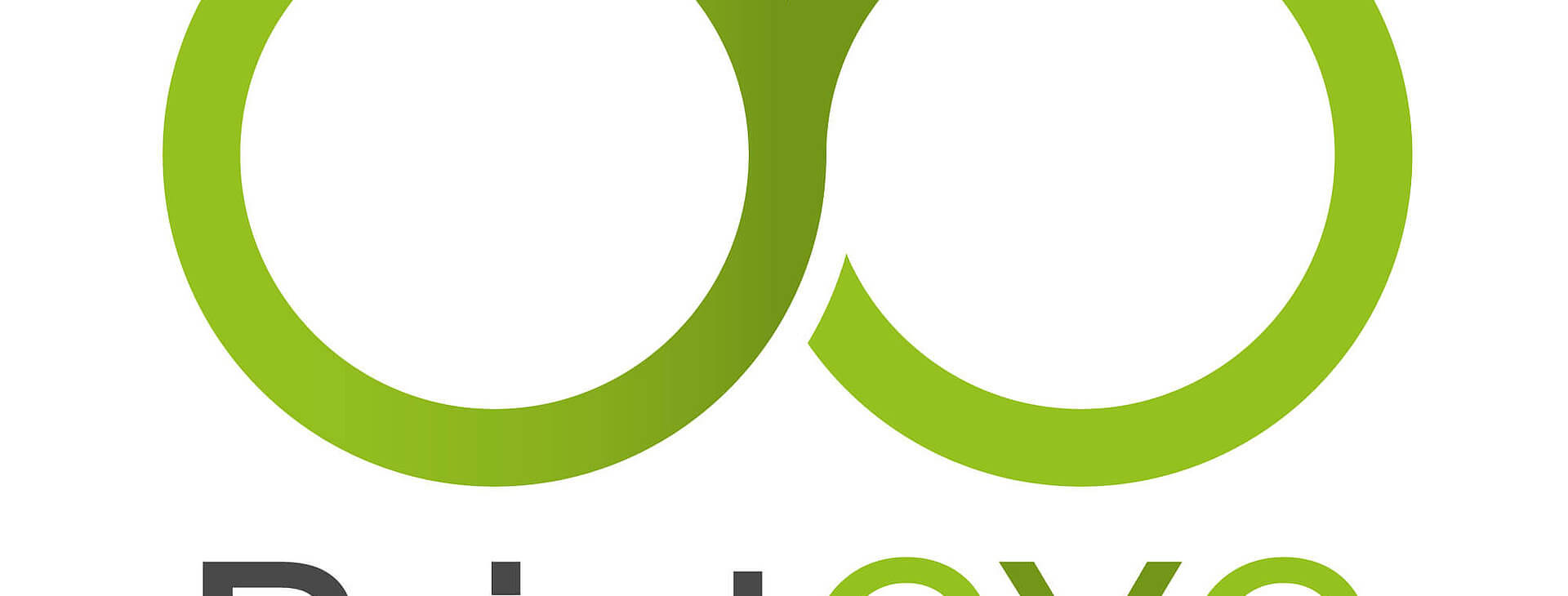
Innovative solutions for a circular economy
Successful recycling of printed plastic films and processing of recyclate
- Cost-effective solutions for a circular economy based on postindustrial waste from printed plastic films
- High quality recyclates comparable to virgin material
- Recyclate reuse up to 100% in divers packaging applications
- Significant improvement of recycling by PU based ink system
PrintCYC is a value chain initiative for the recyling of printed films. Current members are the machine suppliers Brückner Maschinenbau, Kiefel and PackSys Global, the CPP film specialist Profol, the ink manufacturer hubergroup, the converter Constantia Flexibles as well as the recycling technology specialist Erema. The initiative is coordinated by Annett Kaeding-Koppers as independent packaging and sustainability consultant.
The project group has achieved remarkable results regarding the recycling of printed plastic films and processing of recyclate. The need for circular economy solutions for plastic packaging requires the packaging industry to take an active role in ensuring circularity starting from design, following the entire life cycle. Project members joined forces to research and test new ways for creating circular economy solutions based on post-industrial waste from printed plastic films in the most cost-effective manner. Deinking technology was not considered within this project.
Market standard inks for plastic packaging
In phase 1 of the project, PP film and packaging samples containing > 50 % of PP recyclate could successfully be produced. The base material was printed biaxially oriented PP (BOPP) films on nitrocellulose (NC) based ink formulations. Nevertheless, the recyclate quality was not completely satisfying regarding material properties like colour, smell and processabilit
PU based ink system makes the difference
Based on these first promising results from phase 1, PrintCYC members strived for further improvement by testing alternative ink formulations for printing on BOPP and Low Density Polyethylene (LDPE) films. Switching to a polyurethane (PU) based ink system in flexoprinting in phase 2 resulted in significant improvements of the mechanical recycling process on a production line which is typically used for reprocessing printed film waste materials in practice. Due to high temperature resistance of the inks (Temperature > 240°C), neither volatile by-products, nor odour or gels were observed, leading to a new class of premium quality recyclates, showing colour stable properties. A first environmental impact assessment showed decreased greenhouse gas emissions due to lower energy consumption of mechanical recycling of LDPE films compared to virgin material production.
High quality recyclates comparable to virgin material
The new premium recyclates showed excellent processability for the production of blown films, cast films and even biaxially oriented films which was 100 % comparable to virgin material. Up to 100% recyclate in the inner layer of an three layered ABA film structure could be implemented successfully.
Feasibility demonstration for different packaging formats
The EU Plastics Strategy strives to increase the amount of recyclates in plastic products and packaging. Within the PrintCYC project, the impact of recyclate reuse in different packaging formats was also evaluated. In phase 2 of PrintCYC, packaging formats such as flow packs, trays, yoghurt cups and tubes have been produced, proving usage of rPP and rPE recyclates in processes such as sealing, thermoforming and compression moulding.
PrintCYC initiative
Currently, PrintCYC members are presenting the results to further value chain stakeholders for an exchange of expertise and eventually to win new project partners. Another objective is to use the results for further development of Design for Recycling Guidelines. Next steps on PrintCYC’s sustainability journey towards a circular economy will be defined in the next weeks.
PrintCYC was founded in March 2019. The initiative was launched by a group of companies within the value chain of printed films. The acronym PrintCYC stands for printed polypropylene (PP) and polyethylene (PE) films for mechanical recycling.
